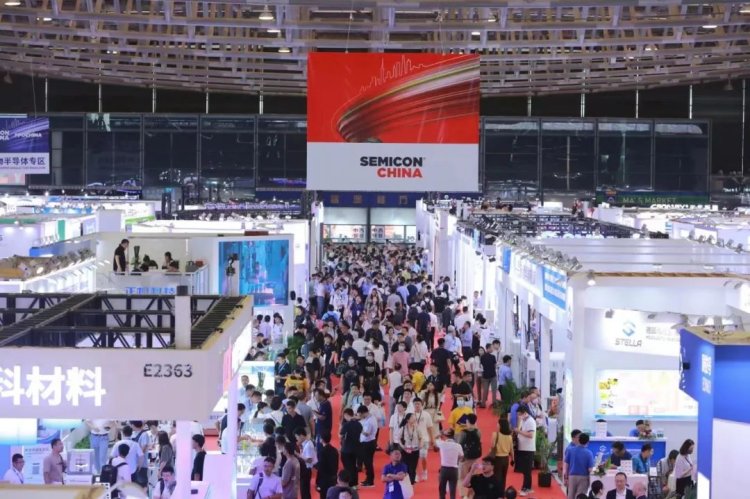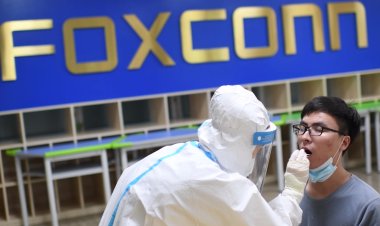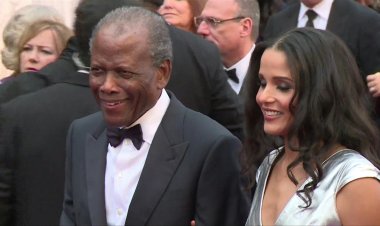Semicon China Kicks Off

China’s top semiconductor executives attending an annual industry gathering called for tighter collaboration with their global peers, but none of them addressed the elephant in the room: growing US export curbs on advanced chip technology.
Semicon China kicked off in Shanghai amid signs that the US is planning to intensify sanctions against Chinese chip firms. The Biden administration may blacklist several semiconductor companies connected to Huawei Technologies, according to a Bloomberg report published on the same day.
Chinese chip companies are excited about the progress made by US chip designer giant Nvidia, founded and helmed by Taiwan-born American businessman Jensen Huang, according to Chen Nanxiang, chairman of China’s top memory chip maker Yangtze Memory Technologies Corporation.
Neither Nvidia nor Huawei are taking part in this year’s edition of Semicon China.
New developments in AI and electric vehicles will boost demand for chips, with global semiconductor sales expected to grow between 13 to 16 per cent this year to reach around US$600 billion after an 11 per cent drop last year, according to Ju Long, president of Semicon China.
Global sales of semiconductor equipment dropped by a lower-than-expected 1.9 per cent last year, thanks to a 28 per cent jump in demand from China to US$36 billion, Ju said.
China, the world’s largest semiconductor market, relies heavily on imports to meet its demand for advanced chips, tools and software, making the country vulnerable to US sanctions.
This year’s Semicon China has brought together more than 1100 exhibitors, most of them domestic companies, according to the official list of participating firms.
Semiconductor Manufacturing International Corporation, China’s top foundry, is not an exhibitor this year despite being based in Shanghai.















